Acai Berry Benefits: 20 Ways It Boosts Health, Skin, And Hair
Get flawless skin, luscious hair, and a healthy body with these tasty and nutritious berries.

Image: iStock
Acai berry benefits are numerous, and these berries are known to improve overall health. Acai berries(Euterpe oleracea) were a part of the diet for centuries, and people consumed them to improve their overall health. These berries combat obesity, prevents arthritis erectile dysfunction, reduce the risk of cardiovascular diseases, and manage cholesterol levels. They also enhance immunity, promote digestion, and enhance hair and skin health.

Acai berries are also used in health supplements for an array of benefits. These berries are considered safe for regular consumption and have many positive effects if included in a regular diet.
 Know Your Ingredient: Acai Berry
Know Your Ingredient: Acai BerryWhat Is It?
A one-inch long reddish-purple fruit grown on the acai palm tree typically found in Central and South America.
What Are Its Benefits?
It is rich in polyphenols with antioxidant properties that promote heart health and reduce cholesterol levels. It can also prevent arthritis, treat erectile dysfunction, and improve immunity, skin, hair, and digestive health.
Who Can Consume It?
Anyone can consume it in moderation except allergic individuals.
How Often?
0.2-1.5 mg of acai berries can be consumed daily.
Caution
People with pollen allergies should avoid these berries. Excessive consumption can lead to headaches and GI tract issues.
Read on to know the wide range of benefits acai berries offer.
In This Article
What Are Acai Berries?
There are many healthy fruits you can add to your diet, but the acai (pronounced ah-sigh-ee) berry is one of the healthiest berries you will find. These reddish-purple round fruits are found in the rainforests of South America. They contain antioxidants and important vitamins and minerals that aid weight loss, reduce cholesterol, and promote a healthy heart in addition to providing several other benefits.
 Did You Know?
Did You Know?Now, let’s find out where the acai fruit originated from.
Key Takeaways
- Acai berries may help regulate cholesterol levels, blood pressure, and heart health.
- Their high-fiber content may improve digestion, sugar levels, and metabolism thus promoting weight loss and insulin sensitivity.
- It contains vitamin C and anthocyanins that help maintain youthful skin.
- Overconsuming acai berries may lead to allergy, headache, or diarrhea.
What Is The History Of Acai Berries?
Acai berries have been around for thousands of years but have only been introduced to the Western world around the 1990s.
These berries were first known to be used by the Amazonian tribes to cure several ailments. They found that acai berries had natural antioxidant properties and eating them reduced cholesterol, promoted a healthy heart, and controlled prostate enlargement (nature’s viagra). Acai berries were also pulped and used to make wine that was known to be very healthy.
Acai berries improve our health in several ways. Let’s look at the benefits in detail.
What Are The Health Benefits Of Acai Berries?
1. May Help Detoxify The Body
The food we eat and the air we breathe contain toxins in the form of free radicals that can harm our body. One of the reasons acai berry is so popularly used in the health industry is that it has unusually high levels of antioxidants as compared to other plant foods (1).
These are known to repair the oxidative damage caused to the body by these free radicals. These antioxidants also inhibit the growth of harmful organisms and help flush out contaminants that may otherwise increase the risk of cardiovascular diseases and cancer (2).
2. May Protect Against Heart Disease And Diabetes

Research shows that acai berries are extremely high in polyphenols, which are antioxidants that promote overall heart health (3). A 2014 study done on rats subjected to myocardial infarction (heart attack) concluded that acai berry significantly helped in the treatment of heart-related diseases like cardiac hypertrophyi A condition in which the heart muscle thickens, which makes it more challenging for the heart to pump blood. , fibrosisi An aberrant thickening of the heart valves brought on by uncontrolled heart cell growth, which may cause heart failure. , and cardiac dysfunctioni A long-term condition in which the heart doesn't pump blood as efficiently, causing fluid to build up in the legs and lungs. (4).
Another study was done in California on 10 overweight individuals who were given acai berry fruit pulp for 30 days. There was a reduction in blood sugar, insulin, and cholesterol levels in the body (5).
3. May Boost Weight Loss
A lot of brands market their acai berry supplements as a standalone solution for weight loss. But while acai berries may be extremely healthy and contain a wide range of nutrients, it is not enough to consume them alone to boost weight loss.
Research shows that the fiber and fatty acid content in acai berries help increase metabolism, boost fat burn, and decrease cravings (6). Hence, consuming acai berries along with a healthy diet may help you lose weight better and faster (6).
4. May Promote Digestion

Traditionally, acai berry juice was used as a natural treatment for diarrhea. It was believed to cleanse the system of toxins and strengthen the digestive system. The high amount of fiber present in acai berries may help in this regard (6). It may improve digestion and assimilation of nutrients and also prevent constipation.
5. May Help Fight Cancer Cells
Consuming acai berries regularly may help reduce the risk of several types of cancers, particularly those of the colon and the breast. A study done in 2014 claims that acai berries possess anticancer properties and may help in the development of chemopreventive medication (7). Another Texas study strongly suggested that the berries contained anti-inflammatory and cytotoxic properties that effectively fought and suppressed colon cancer (8).
6. May Enhance Cognitive Functioning
One of the many benefits of acai berries is that they significantly help maintain your overall brain function and health. A 2012 study conducted on mice suggested that acai berry pulp had protective properties towards brain cells. The berry pulp may contribute to better cognitive and motor functions (9). Another study performed on rats in 2014 concluded that the compounds present in acai berries could protect your brain from damage as you age (10).
7. May Improve Cellular Health
The antioxidant properties of acai berries increase the efficiency of the cells in absorbing nutrients (11).
8. May Boost The Immune System

One of the greatest benefits of acai berries is their ability to boost and strengthen the immune system. The antioxidant-rich fruits fight free radicals and protect your body from several diseases and infections. A 2011 study showed that the immune responses of acai berry had the potential to treat asthma and infectious diseases (12).
9. May Increase Energy Levels
Acai berries are rich in carbohydrates, proteins, and good fats that may help keep your stamina high and give you an energy boost. These fruits are commonly termed as “Amazon rainforest viagra”, as they increase libido and enhance sex drive. Acai berries may also boost blood circulation and potentially promote energy levels. However, there is no research to back this claim. Much of the information is based on anecdotal evidence.
10. May Help Heal Wounds
Acai berries have significant wound-healing properties, owing to their anti-inflammatory nature. A 2017 study showed that a scratch wound healed faster after 24 hours of using acai berry water extracts (13).
11. May Promote Sound Sleep

Acai berries may promote better sleep (14). A ¼ cup of acai berry juice taken before bed may promote sleep quality. However, more research is needed to understand the sleep-promoting effects of the berries.
Are There Any Skin Benefits Of Acai Berries?
Acai berries contain many vitamins and minerals that may enhance skin health. They not only help to slow the signs of aging but also lighten scars and prevent acne and breakouts. The benefits are discussed in detail below.
12. May Help Slow Down Aging
Acai berries are a powerhouse of important nutrients. They also contain antioxidants. Antioxidants fight free radicals and help delay the signs of aging (15). These properties of acai berries make them a perfect ingredient in anti-aging creams. Using them every day keeps the skin glowing and healthy.
13. May Help Control Pigmentation
Acai berry was found to be one of the most beneficial ingredients to treat hyperpigmentation (16).
14. May Help Control Acne

Owing to their anti-inflammatory properties, acai berries may help in acne control. The berries are used in some formulations meant for acne treatment (17).
15. May Lighten Scars
There is less research available in this regard. Anecdotal evidence suggests that the berries may also help lighten acne scars. You may try crushing a few acai berries with a ripe avocado and apply the mask to your face. Leave it on for about 10-15 minutes and then wash it off. This treatment may leave your skin feeling fresh.
16. May Hydrate Your Skin
Your facial skin is prone to wear and tear due to excessive exposure to the sun, chemicals, and pollutants. The antioxidants present in acai berry may help repair the damage and replenish the lost moisture. However, direct research is lacking in this aspect.
17. May Soften Your Lips
As per anecdotal evidence, regular application of acai berry juice may keep the lips hydrated, soft, and luscious.
The berry may have some benefits for the hair too. We will explore them in the next section.
What About The Hair Benefits Of Acai Berries?
Acai berries contain vital nutrients that may make your hair stronger, softer, and shinier. These nutrients not only promote scalp health but may also prevent hair loss.
18. May Strengthen Hair
Acai berries, being a powerhouse of essential nutrients, may help maintain a healthy scalp and strengthen your hair from the roots. This helps prevent hair shedding. There is no direct research to substantiate these claims, however. They are totally based on anecdotal evidence.
19. May Promote Hair Growth
Acai berries are rich in proteins, healthy fats (omega 3, 6, and 9), and vitamins A, B complex, C, and E. These nutrients may work together to aid hair growth. As per anecdotal evidence, these berries were found to promote hair growth.
20. May Promote Scalp Health
Acai berries contain a significant amount of zinc and folic acid. Zinc may promote scalp health and potentially prevent hair loss. Disturbances in zinc metabolism were found to lead to hair loss (18).
The folic acid in the berries may also improve blood circulation in the scalp. Some research shows that folic acid deficiency can lead to hair loss (19). It also may aid the regeneration of the cells that contribute to hair growth, and prevent graying of hair.
As you can see, acai berries’ benefits are not limited to health benefits but stretches to hair and skin as well. While some of them have been proven by research, some others need scientific backing. In the upcoming section, we will look at the nutritional profile of the berries.
What Is The Nutritional Value Of Acai Berries?
Acai berries can be a nutritious addition to your diet since they contain an array of important minerals and vital nutrients. Below is the nutrition profile of these berries.
100 grams of pure acai berry contain (20):” to “10 grams of acai berry powder contain (20):
- 70 calories
- 5 grams of fat
- 1 gram of protein
- 1 grams of dietary fiber
- 4 grams of carbohydrates
- 750 IU of vitamin A
- 20 milligrams of calcium
Vitamins And Minerals:
Acai berries are loaded with vital vitamins and minerals that help build a healthier body, flush out toxins, and boost the immune system.
Antioxidants: They are rich in antioxidants that play a vital role in maintaining overall health. These antioxidants slow down the rate of oxidative damage by free radicals.
Fats: These berries contain a significant amount of fats, though most of them are healthy fats. These fats may help reduce bad cholesterol and increase good cholesterol in the body. They may also aid weight loss.
Acai Berry Vs. Goji Berry – Which Is Better?
Both acai and goji berries are extremely nutritious and have been used in traditional medicine for thousands of years.
Just like acai, goji berries are known to contain a wide range of vitamins and minerals that may help improve your body’s strength, stamina, and fertility and protect the liver and the heart.
Both acai and goji berries are rich in nutrients. While acai berries contain a far more number of antioxidants, goji berries are lower in fat content.
Goji berries have slightly higher levels of vitamins A and C, iron, and calcium, whereas acai berries have less sugar and carbohydrates as compared to goji berries.
Overall, both berries to be equally healthy. The best way to enjoy the benefits of both is to consume them together.
In the following section, we will discuss how you can include acai berries in your diet.
How To Use Acai Berries
Acai berries can be eaten raw or used in any of the following ways:
- Blend them with milk to make a healthy smoothie or shake.
- Several creams use acai berry as their main ingredient. You can apply any of them to your skin to reap the benefits.
- If fresh acai berries are not available in your country, you can go for tablets or capsules.
- Crush the berries into a juice and top it with chia or hemp seeds for an added boost. With juicing, however, limit the portion to about ¼ cup due to the concentration of sugar.
Jenny, a food blogger, shares how she likes to relish acai berries on her blog: “Sometimes, I like to take acai bowls to work for breakfast. I always make my acai bowl the night before and stick it in the freezer overnight. Then, in the morning, I take out my smoothie and add the toppings (if you put the toppings on before you put the smoothie in the freezer, you just get a frozen mess). By the time I get to work, it is all nice and ready to eat (i).”
Now that you know how to use these berries, it is important to know how to select and store them to get the best out of them.
How To Select And Store Acai Berries
A small quantity of the berries, in any of the above forms, is recommended to boost your body’s metabolism, flush out toxins, and reveal younger and smoother-looking skin.
Acai berry supplements of various brands are easily available in pharmacies. Make sure to check for any side effects before purchasing. Also choose organic, GMP, 3rd party tested products.
If you prefer to consume berries in the natural form, refrigerate them and consume within a week.
Supplements have a shelf life of about 1 year, so they can be stored in a cool and dry place.
Acai berry juice, however, should be consumed almost immediately after juicing the berries.
We also have included a delicious acai berry recipe you may want to try.
Any Popular Acai Berry Recipes?
Acai Berry Smoothie
You Will Need
- ¾ cup plain greek or almond greek yogurt
- ¼ avocado
- ½ cup strawberries
- ½ cup acai berries (or their frozen pulp)
- 1 teaspoon chia seeds (optional)
Method
- Combine all ingredients in a blender and puree them well.
- Adding crushed ice will create a more foamy smoothie.
- Serve in a glass and top with soaked chia seeds.
Acai Parfait
You Will Need
- 1/2 cup Greek yogurt
- 1/4 cup granola
- 1/4 cup mixed berries (strawberries, blueberries, raspberries)
- 1/4 cup acai puree
Method
- In a glass or bowl, layer Greek yogurt, granola, and mixed berries.
- Drizzle acai puree over the layers.
Acai-Infused Chocolate Truffles
You Will Need
- 1 cup dark chocolate chips
- 1/4 cup acai puree
- Sprinkles or cocoa powder for decoration
Method
- Melt dark chocolate chips in a double boiler or microwave.
- Stir in acai puree until well combined.
- Scoop small portions of the mixture and roll into balls.
- Refrigerate the truffles until firm.
- Dip them in melted chocolate and roll in sprinkles or cocoa powder.
Where To Buy Acai Berries
It is very difficult to obtain fresh acai berries unless you live in Brazil or its neighbouring countries. You can buy acai berries in the powder or capsule form from most health stores. You can also purchase them online.
Let’s now look at some fun facts about these berries.
What Are Some Fun Facts About Acai Berries?
- Acai berries have been used as weight loss supplements since ages.
- The acai palm also grows in the rainforests of South America.
- Acai berries contain twice as many antioxidants as blueberries and 10 times as grapes.
- Their antioxidant power is 33 times more than red grapes and red wine.
- 15 Amazing Health Benefits Of Maqui Berry
 Trivia
TriviaAlthough acai berries offer a wide array of benefits, they have a few side effects.
Are There Any Side Effects I Need To Be Aware Of?
You need to know that every food needs to be consumed in the proper quantity. Knowing about various acai berry side effects, such as swelling in the mouth, drop in blood pressure, etc., will allow you to be careful about the dosage. These supplements are sometimes marketed for weight loss. However, some research shows that certain weight loss supplements may have adverse health effects (21).
These berries should not be consumed by people who have pollen allergies since they are known to aggravate these allergies further. However, limited research is available.
As per anecdotal evidence, the overconsumption of acai berries may cause diarrhea, irritation in the intestinal tract, headaches, and reduced vision.
As long as you consume these berries in limited quantities, your body will receive all the goodness from them. Though there is no recommended dosage of acai berries, having them in regular food amounts should be safe.
Infographic: Top 5 Reasons To Add Acai Berries To Your Diet
Acai berries are reddish-purple round fruits native to the rainforests of South America. They are packed with antioxidants and essential vitamins and minerals that can benefit your skin, hair, and overall health. Check out the infographic below to find out why these nutritional powerhouses deserve a spot in your diet.
Some thing wrong with infographic shortcode. please verify shortcode syntaxAcai berries are rich in plant compounds, fiber, and healthy fats. They also exhibit anti-aging and anti-tumor properties. Their high antioxidant content may help detoxify the body, protect against heart disease, reduce blood glucose levels, aid weight loss, promote digestion, and enhance hair health. You can easily include them in your diet to reap their benefits. However, be wary as they may also cause allergies in some. Consult your doctor if you experience any adverse reactions.
Frequently Asked Questions
What are the health benefits of an açai bowl?
Acai bowls are extremely healthy as they are packed with fresh fruits, frozen fruits, nut butter, almond milk, nuts, and seeds. This provides the body with a lot of antioxidants, vitamins, minerals, fiber, protein, and good fats.
Why do I crave acai berries during pregnancy and how healthy they are during the period?
Craving acai berries during pregnancy could happen probably because the body is not receiving enough nutrients. The berries would be a healthy addition to your diet during pregnancy.
What do acai berries taste like?
Acai berries taste tropical and bitter. They also have an after-taste similar to that of a dark chocolate.
How much acai berry juice can I drink?
You may drink about about ¼ cup of the juice per day.
How to use acai berry powder?
Acai berry powder can be blended in juices and smoothies or sprinkled over oatmeal or yogurt parfait. Use no more than 6 grams of sugar in a serving.
What are the health benefits of acai berry tea?
Just like acai berries, acai berry tea benefits the body in several ways, like boosting energy, reducing inflammation, aiding weight loss, fighting cancer, reducing the signs of aging, detoxifying the body, and strengthening the immune system. However, none of these benefits of the tea has been confirmed by research yet.
Is acai berry good for the kidneys?
Yes. A study found that acai berry extract could ameliorate renal damage in the case of acute renal failure (22).
Is acai berry a superfood?
Yes. The presence of antioxidants and fiber in acai berries makes them a superfood.
How long does it take for the acai berry cleanse to work?
Anecdotal evidence suggests that the acai berry cleanse may take two weeks to work.
Is acai acidic or alkaline?
Acai berries are alkaline.
Illustration: Acai Berry Benefits, Nutrition Facts, How To Use, And Side Effects

Image: Stable Diffusion/StyleCraze Design Team
References
Articles on StyleCraze are backed by verified information from peer-reviewed and academic research papers, reputed organizations, research institutions, and medical associations to ensure accuracy and relevance. Read our editorial policy to learn more.
- Sun, Xiaoping, et al. “Açai palm fruit (Euterpe oleracea Mart.) pulp improves survival of flies on a high fat diet.” Experimental gerontology 45.3 (2010): 243-251.
https://www.ncbi.nlm.nih.gov/pmc/articles/PMC2826513/ - Lobo, Vijaya, et al. “Free radicals, antioxidants and functional foods: Impact on human health.” Pharmacognosy reviews 4.8 (2010): 118.
https://www.ncbi.nlm.nih.gov/pmc/articles/PMC3249911/ - Heinrich, Michael, Tasleem Dhanji, and Ivan Casselman. “Açai (Euterpe oleracea Mart.)—A phytochemical and pharmacological assessment of the species’ health claims.” Phytochemistry Letters 4.1 (2011): 10-21.
https://www.sciencedirect.com/science/article/abs/pii/S1874390010001096 - Zapata-Sudo, Gisele, et al. “Oral treatment with Euterpe oleracea Mart.(açaí) extract improves cardiac dysfunction and exercise intolerance in rats subjected to myocardial infarction.” BMC complementary and alternative medicine 14.1 (2014): 227.
https://pubmed.ncbi.nlm.nih.gov/25000822/ - Udani, Jay K., et al. “Effects of Açai (Euterpe oleracea Mart.) berry preparation on metabolic parameters in a healthy overweight population: A pilot study.” Nutrition journal 10.1 (2011): 45.
https://pubmed.ncbi.nlm.nih.gov/21569436/ - Maria do Socorro, M. Rufino, et al. “Açaí (Euterpe oleraceae)‘BRS Pará’: A tropical fruit source of antioxidant dietary fiber and high antioxidant capacity oil.” Food Research International 44.7 (2011): 2100-2106.
https://www.sciencedirect.com/science/article/abs/pii/S0963996910003194 - Silva, Dulcelena Ferreira, et al. “Cytotoxic effects of Euterpe oleracea Mart. in malignant cell lines.” BMC complementary and alternative medicine 14.1 (2014): 1-9.
https://pubmed.ncbi.nlm.nih.gov/24886139/ - Dias, Manoela Maciel dos Santos, et al. “Pro-apoptotic activities of polyphenolics from açai (Euterpe oleracea Martius) in human SW-480 colon cancer cells.” Nutrition and cancer 66.8 (2014): 1394-1405.
https://pubmed.ncbi.nlm.nih.gov/25329001/ - Poulose, Shibu M., et al. “Anthocyanin-rich açai (Euterpe oleracea Mart.) fruit pulp fractions attenuate inflammatory stress signaling in mouse brain BV-2 microglial cells.” Journal of Agricultural and Food Chemistry 60.4 (2012): 1084-1093.
https://pubmed.ncbi.nlm.nih.gov/22224493/ - Poulose, Shibu M., et al. “Restoration of stressor-induced calcium dysregulation and autophagy inhibition by polyphenol-rich açaí (Euterpe spp.) fruit pulp extracts in rodent brain cells in vitro.” Nutrition 30.7-8 (2014): 853-862.
https://pubmed.ncbi.nlm.nih.gov/24985004/ - Pacheco-Palencia, Lisbeth A., et al. “Absorption and biological activity of phytochemical-rich extracts from acai (Euterpe oleracea Mart.) pulp and oil in vitro.” Journal of agricultural and food chemistry 56.10 (2008): 3593-3600.
https://pubmed.ncbi.nlm.nih.gov/18442253/ - Holderness, Jeff, et al. “Polysaccharides isolated from Acai fruit induce innate immune responses.” PloS one 6.2 (2011).
https://www.ncbi.nlm.nih.gov/pmc/articles/PMC3046208/ - Kang, Mi Hyun, Seunghye Choi, and Bae-Hwan Kim. “Skin wound healing effects and action mechanism of acai berry water extracts.” Toxicological research 33.2 (2017): 149-156.
https://www.ncbi.nlm.nih.gov/pmc/articles/PMC5426502/ - Jensen, Gitte S., et al. “Pain Reduction and improvement in range of motion after daily consumption of an Açai (Euterpe oleracea Mart.) pulp–fortified polyphenolic-rich fruit and berry juice blend.” Journal of medicinal food 14.7-8 (2011): 702-711.
https://pubmed.ncbi.nlm.nih.gov/21470042/ - Addor, Flavia Alvim Sant’anna. “Antioxidants in dermatology.” Anais brasileiros de dermatologia 92.3 (2017): 356-362.
https://www.ncbi.nlm.nih.gov/pmc/articles/PMC5514576/ - Fowler Jr, J. F., et al. “Innovations in natural ingredients and their use in skin care.” Journal of drugs in dermatology: JDD 9.6 Suppl (2010): S72-81.
https://pubmed.ncbi.nlm.nih.gov/20626172/ - Davidson, Richard E. “Acne treatment compositions comprising nanosilver and uses.” U.S. Patent Application No. 12/996,481.
https://patents.google.com/patent/US20110091572A1/en - Birnbaum, Jacob. “Hair growth compositions and methods for treating hair loss or related conditions.” U.S. Patent Application No. 11/530,501.
https://patents.google.com/patent/US20070086972A1/en - Kil, Min Seong, Chul Woo Kim, and Sang Seok Kim. “Analysis of serum zinc and copper concentrations in hair loss.” Annals of dermatology 25.4 (2013): 405-409.
https://www.ncbi.nlm.nih.gov/pmc/articles/PMC3870206/ - “Pure Acai Berry Unsweetened Nutrition Facts & Calories.” Nutrition Data Know What You Eat.
https://fdc.nal.usda.gov/fdc-app.html#/food-details/1064123/nutrients - Guo, Emily L., and Rajani Katta. “Diet and hair loss: effects of nutrient deficiency and supplement use.” Dermatology practical & conceptual 7.1 (2017): 1.
https://www.ncbi.nlm.nih.gov/pmc/articles/PMC5315033/#__sec10title - Unis, Amina. “Açai berry extract attenuates glycerol-induced acute renal failure in rats.” Renal failure vol. 37,2 (2015): 310-7. doi:10.3109/0886022X.2014.991262
https://pubmed.ncbi.nlm.nih.gov/25524621/
Read full bio of Julie Freeman
Read full bio of Ravi Teja Tadimalla
Read full bio of Arshiya Syeda
Read full bio of Aparna Mallampalli






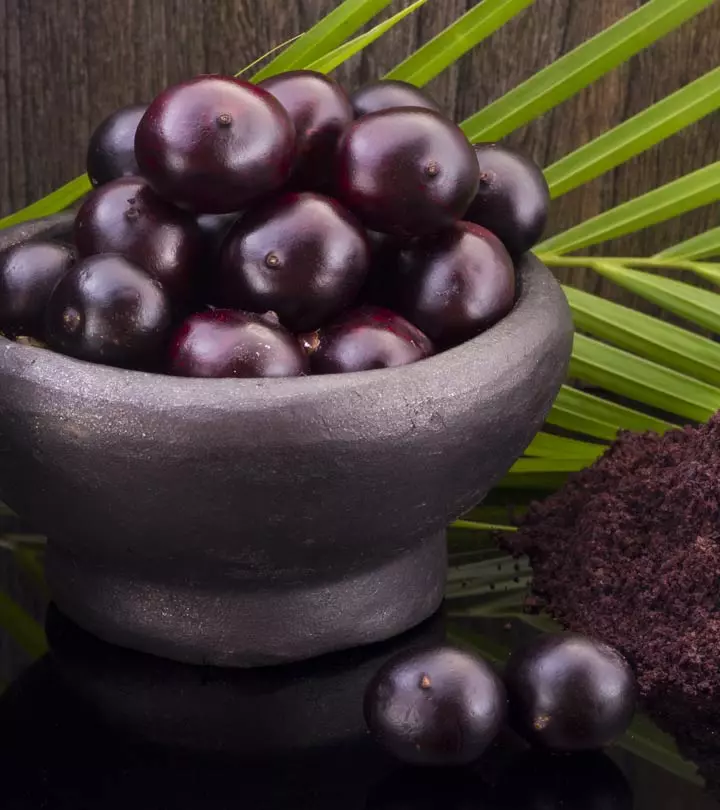
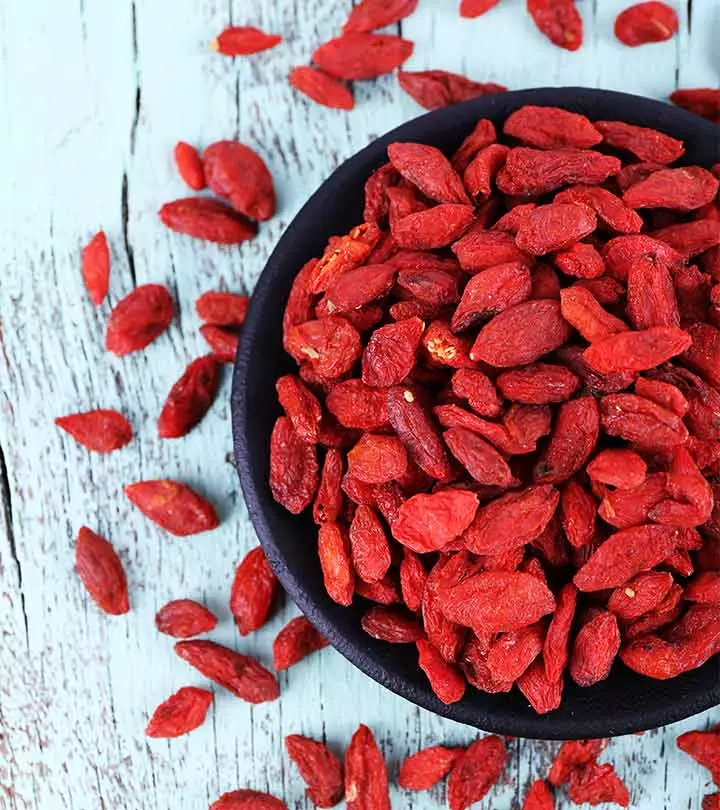
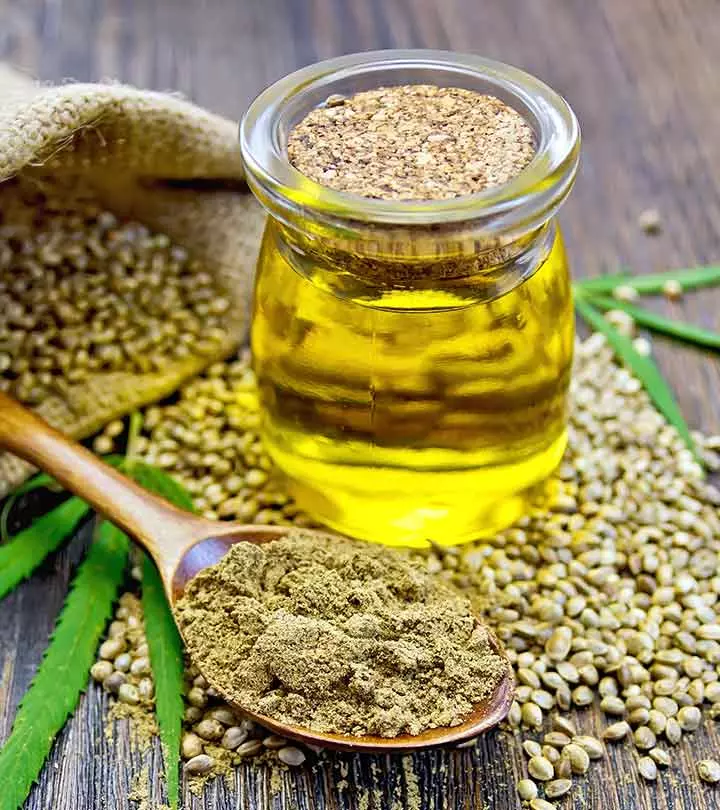
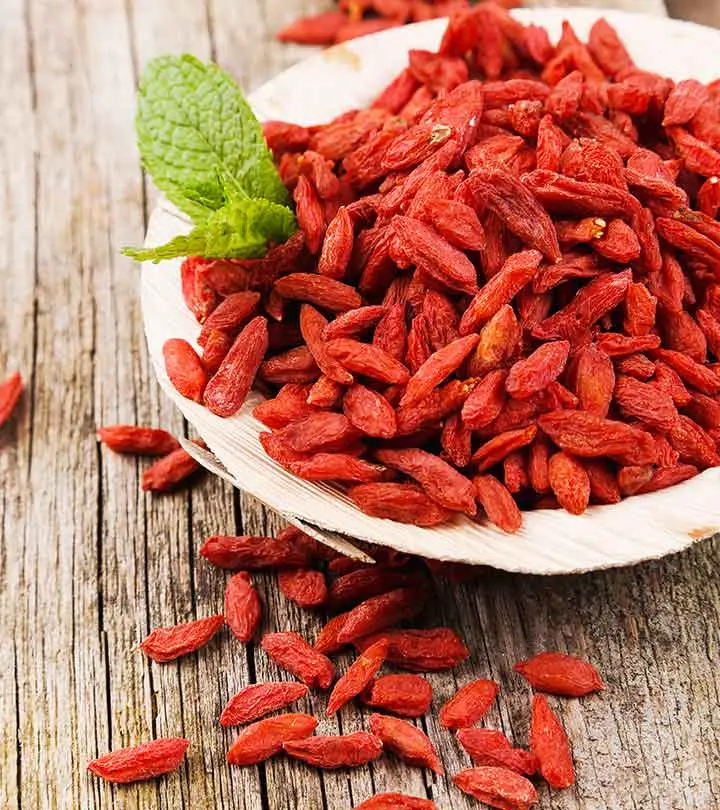
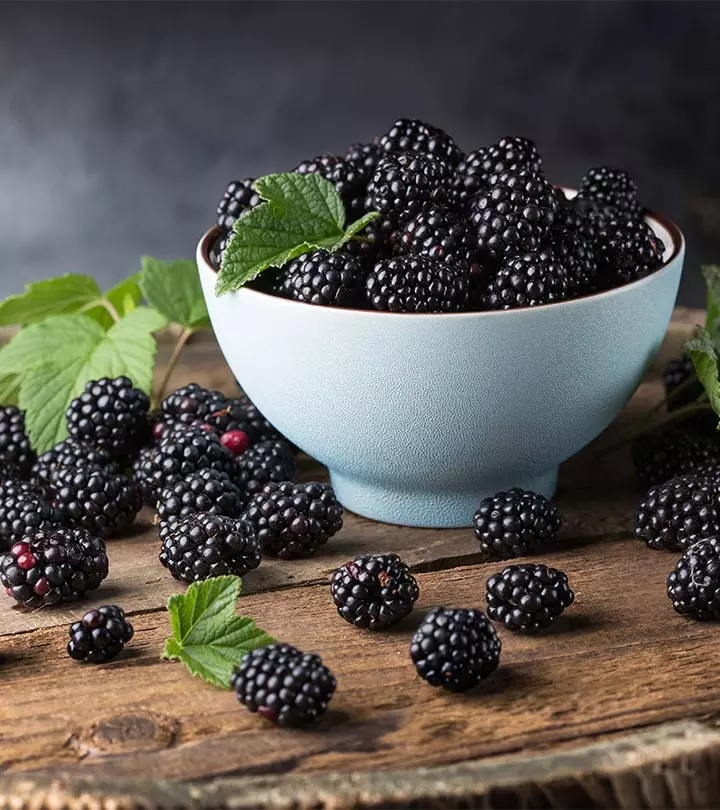
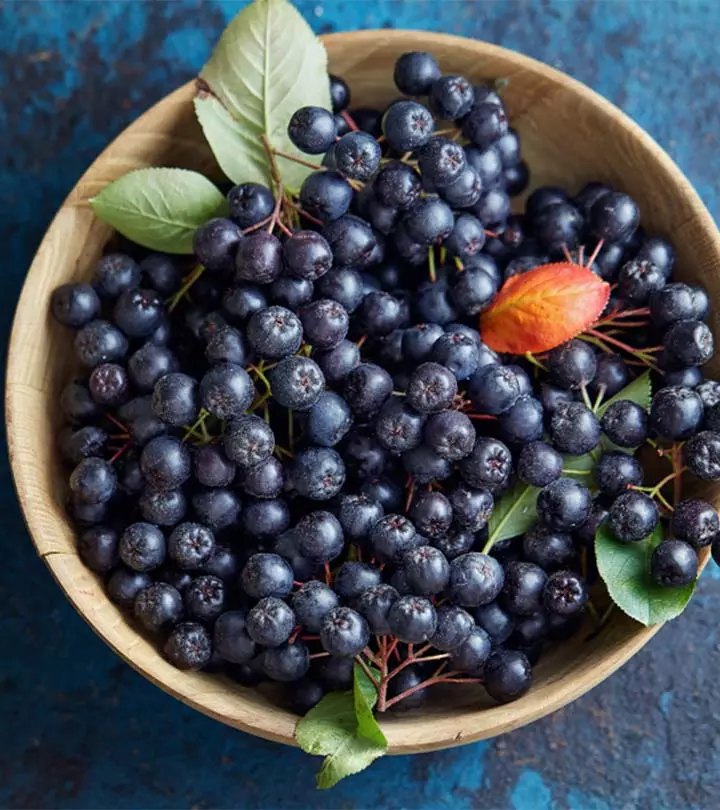

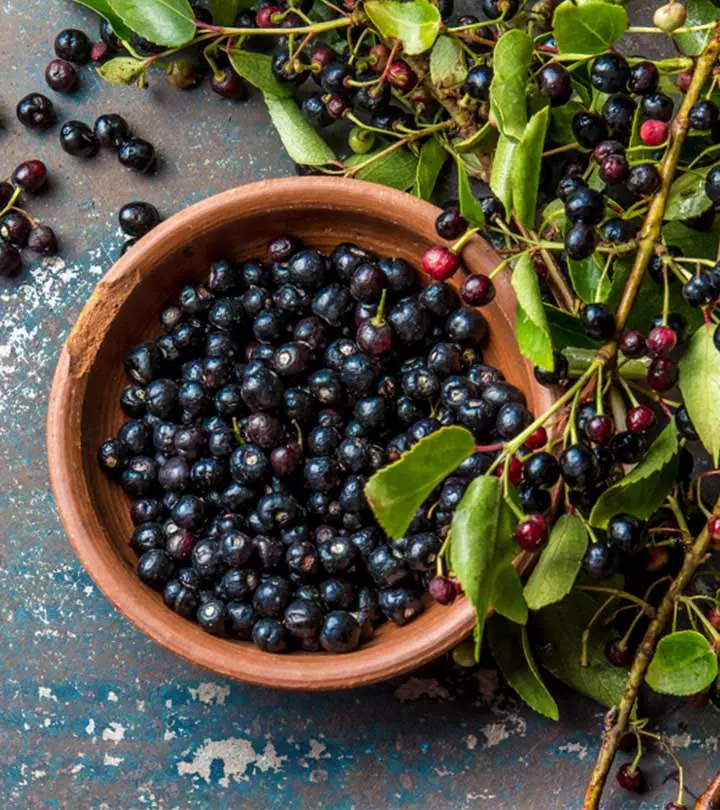




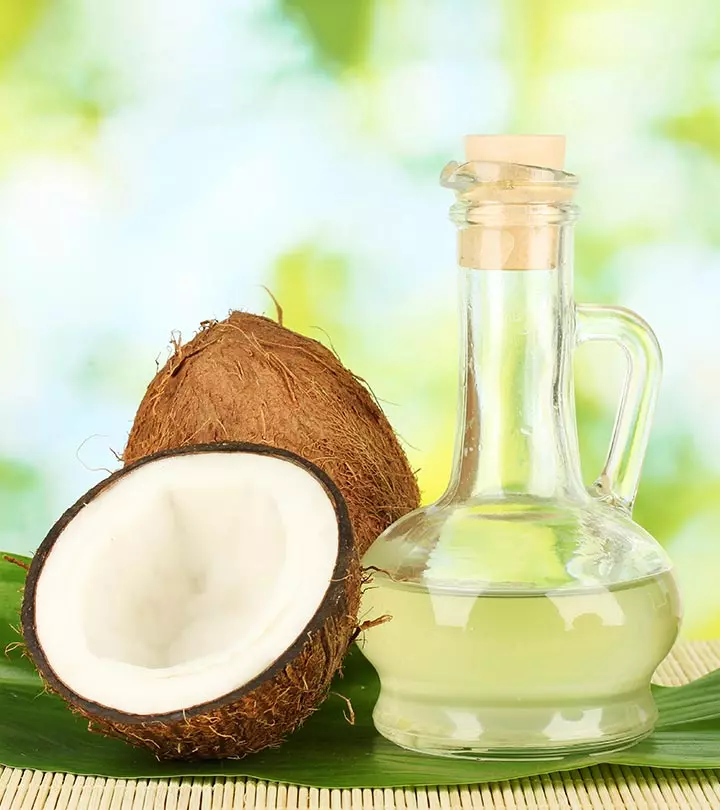

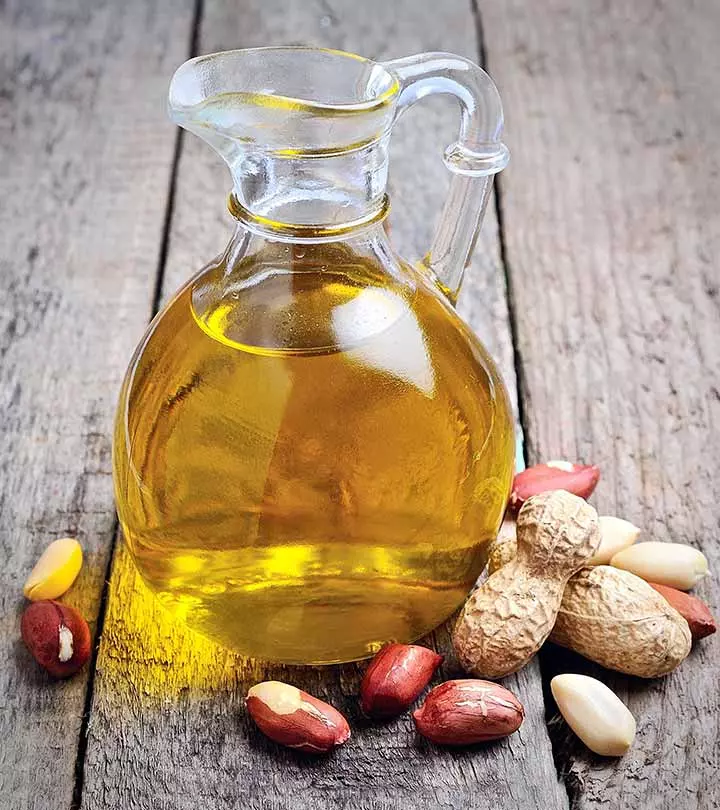



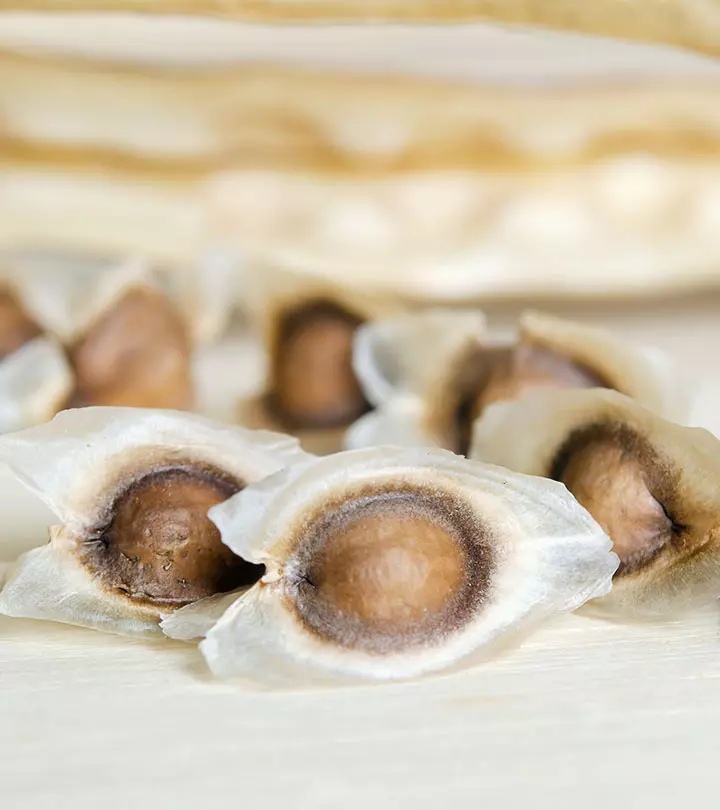
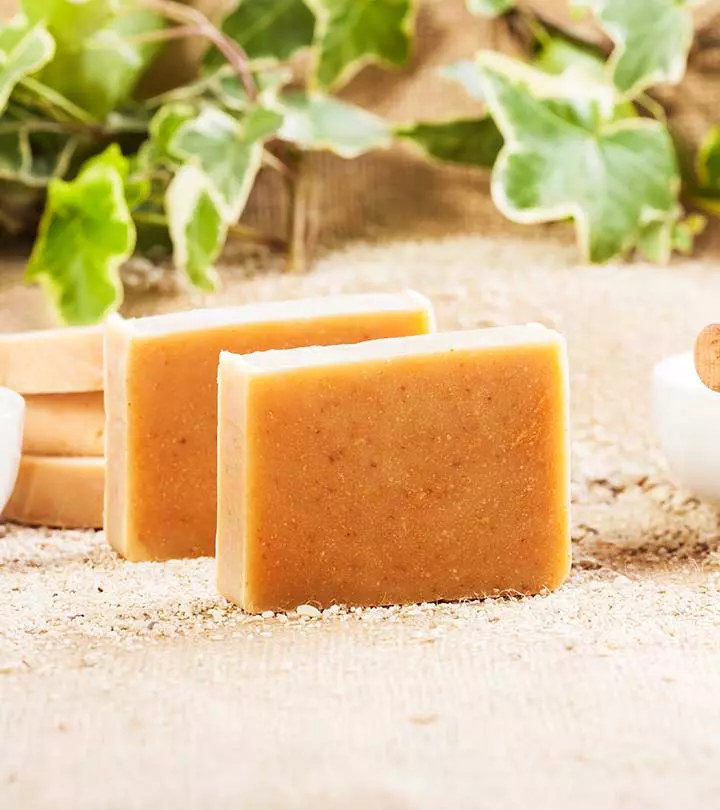

Community Experiences
Join the conversation and become a part of our empowering community! Share your stories, experiences, and insights to connect with other beauty, lifestyle, and health enthusiasts.